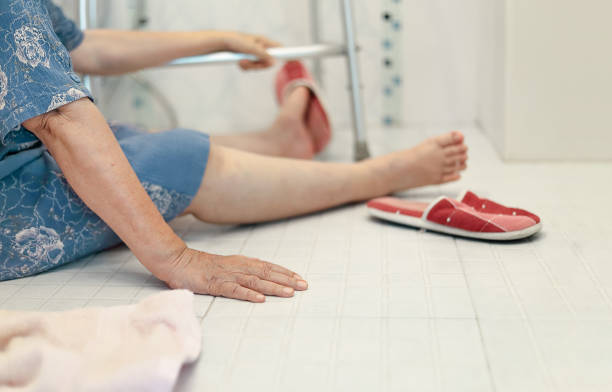When deciding whether to take a case involving a slip and fall accident, experienced attorneys will consider a number of factors. An attorney’s decision to accept or decline a potential client’s case is based on their individual assessment of the merits of the claim and the likelihood of success.
The most important factor for any slip-and-fall attorney is that they believe there is sufficient evidence to prove negligence by the landowner. This means that the landowner knew or should have known about the hazard which caused the injury but did not take appropriate steps to fix it or warn visitors of the danger. The more recent, foreseeable, and avoidable an incident was, the stronger the claim of negligence tends to be. Attorneys will also look for evidence such as photographs, eyewitness statements, video footage, police reports, and medical records when assessing a slip and fall case.
In addition to assessing evidence in favor of negligence on behalf of a landowner, an experienced slip and fall lawyer will also evaluate other factors, including:
The nature and extent of injuries suffered by their potential client (the greater severity of an injury, especially if it results in long-term disability or permanent impairment, increases legal damages available)
- Potential insurance coverage available from both sides (a defendant’s insurance company may bear part or all responsibility for paying damages)
- Statutes of limitations (each state has its own deadlines for filing personal injury lawsuits)
- Difficulties with shared premises liability (when multiple proprietors share responsibility for maintaining safe conditions).
Attorneys know that defending against slip-and-fall cases can be costly for defendants since some claims can become expensive lawsuits with significant verdicts; thus, attorneys are likely to take certain circumstances more seriously than others. Suppose they have reason to believe that compensation could be substantial in your case due to high medical bills or lost wages caused by an injury resulting from someone else’s negligence. In that case, they are more likely to agree to represent you. That being said, even if your case appears strong enough at first glance, it might not be worthwhile if your injuries are minor sufficient that any settlement would barely cover legal fees associated with litigation. Likewise, if you sustained severe injuries, you could not recover enough damages because you were trespassing on private property. An attorney may understandably decide not to take your case as well.
Ultimately each slip-and-fall attorney has criteria for accepting cases based on experience with similar scenarios. However, most competent lawyers only agree to represent clients whose chances of recovering fair compensation seem reasonably high based on existing evidence combined with knowledge obtained through decades of practicing law. Therefore when choosing a personal injury lawyer, make sure they have experience dealing with these types of cases, as they will be better equipped to accurately assess whether there are grounds upon which you can reasonably pursue legal action regarding your particular situation.

Leave a Reply